This week's good news: 57,000 Beluga whales and carbon-negative cement
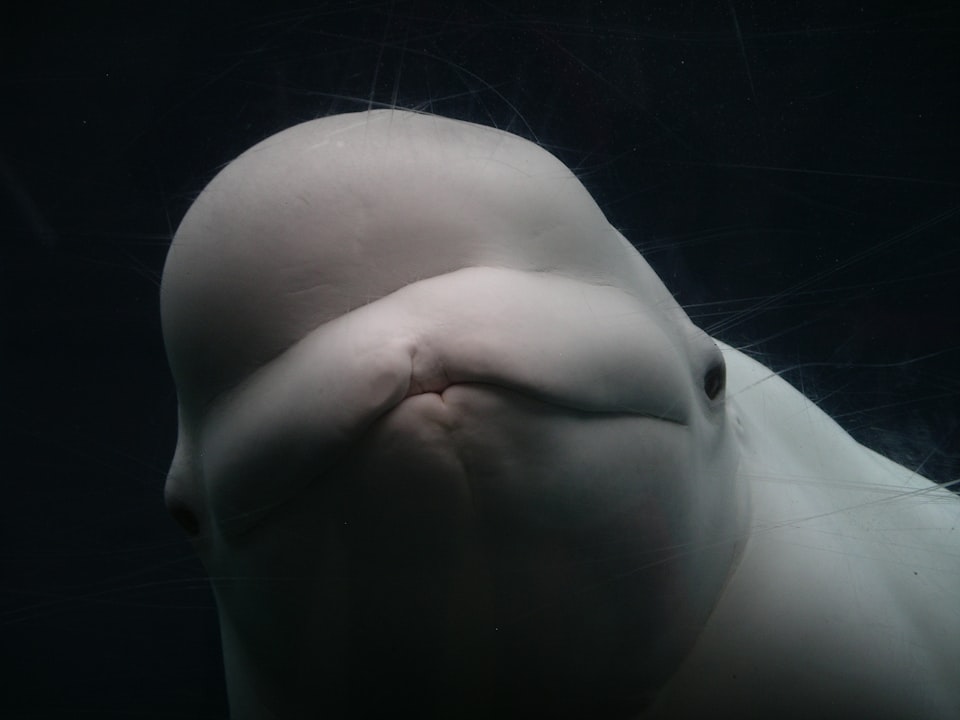
A very happy Friday to you, friend!
How was your week?
I had the fortune of taking a trip to Las Vegas for the first time with some childhood friends, and let me tell you, I've never experienced heat like that before (114 degrees Fahrenheit). Luckily, we all stayed safely cooled off indoors, hydrated, and had a great weekend (beginner's luck treated me well).
You're probably tired of hearing about the extreme heat by now, but unfortunately, that won't make it go away. What will is taking action to stop climate change.
So let's enjoy this breath of fresh air & good news stories from this week, and channel our hope and motivation into taking action!
The Good From Friday, July 14
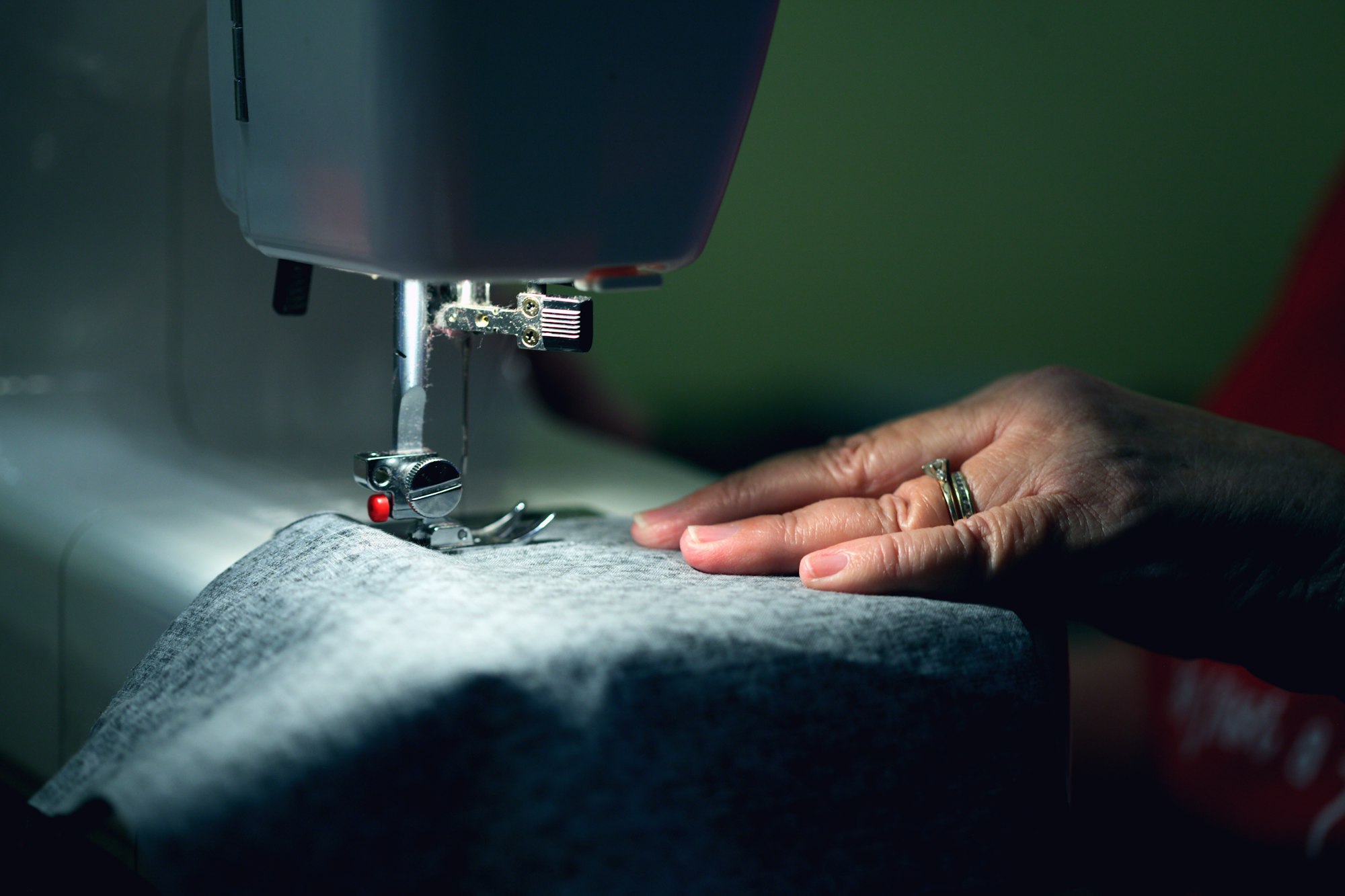
👑 The whitest paint ever made, certified by the Guinness Book of World Records, reflects 98% of sunlight and is now being used to cool down areas by 8 degrees Fahrenheit during the day and 19 at night, incredibly reducing air conditioning needs by up to 40% just through this paint.
Deforestation in Colombia decreased by 29.1% last year, the lowest level since 2013, by working with local communities to safeguard forests, and the current government says they’re prioritizing protecting Colombia's environment!
France announced that starting in October, they’ll pay a rebate of €6 to €25 for the cost of repairing clothes and shoes to reduce waste in an effort to end fast fashion.
After a long battle and more than 2,300 amendments, the EU just approved a bill that will require all of its countries to restore 20% of nature within their borders on land and at sea!
The Good From Monday, July 17
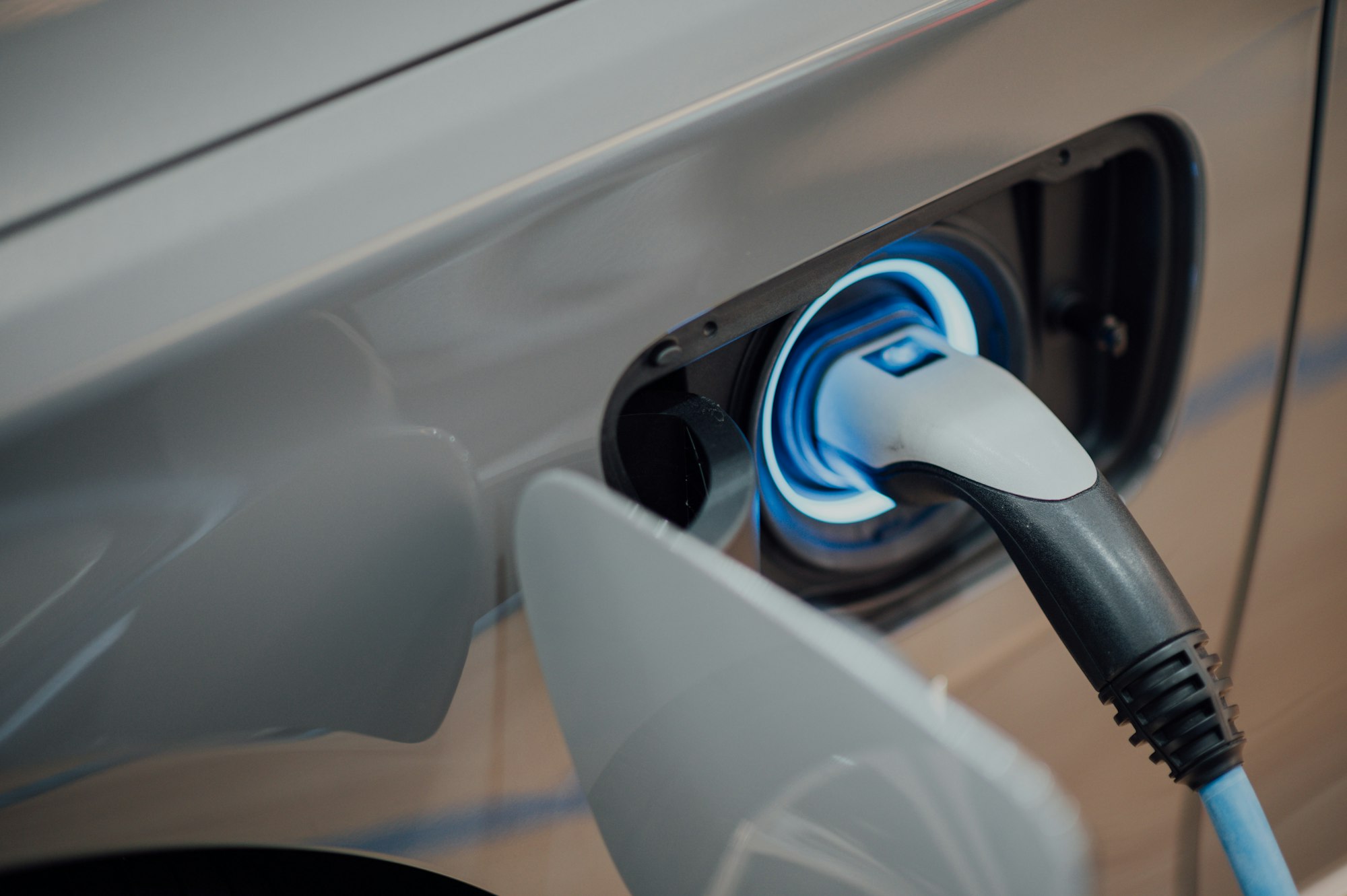
Botanists now believe that de-extinction is possible for hundreds of plants by germinating or tissue-culturing surviving seeds and spores that have been preserved, and scientists are prioritizing attempts for 50 distinctive species with the best chances of success.
A strong storm brought down trees and power lines in Nashville earlier this year, but a family was able to keep their lights, four refrigerators, and a fan on using just their electric vehicle as a backup battery, while experts are seeing if EVs can feed power into the grid during emergencies.
👑 For the first time ever, carbon-negative cement from a startup called Brimstone has received third-party certification that it is structurally and chemically the same as regular cement, hopefully drastically reducing the one-twelfth of global CO2 emissions that cement causes.
After gaining over 100,000 signatures, PETA was able to successfully get Ford to clarify their policies and clearly state that they’ve banned animal testing for crash research.
The Good From Tuesday, July 18

👑 A repair center opened last September in Amsterdam that is run by refugees from around the world that work to repair over 25,000 pieces of ripped or broken clothing every year that would otherwise end up in the dump!
400 years after being hunted to extinction in the UK, the Eurasian Beaver is returning to the Nene Wetlands Nature Reserve by conservationists who expect the beavers to drastically improve local ecology.
Similarly, the first white-tailed eagle chick since 1780 was born in the English wilderness, 243 years after the last recorded wild birth, and the 12-week-old male is healthy and just left his nest for the first time last week, offering promise for the success of reintroduction programs.
An abandoned 35,000-acre coal mine in Texas has been converted into a garden that has yielded 10,000 pounds of produce for six food pantries over the past year, with plans to expand this reclamation and make the garden at least ten times bigger.
The Good From Wednesday, July 19
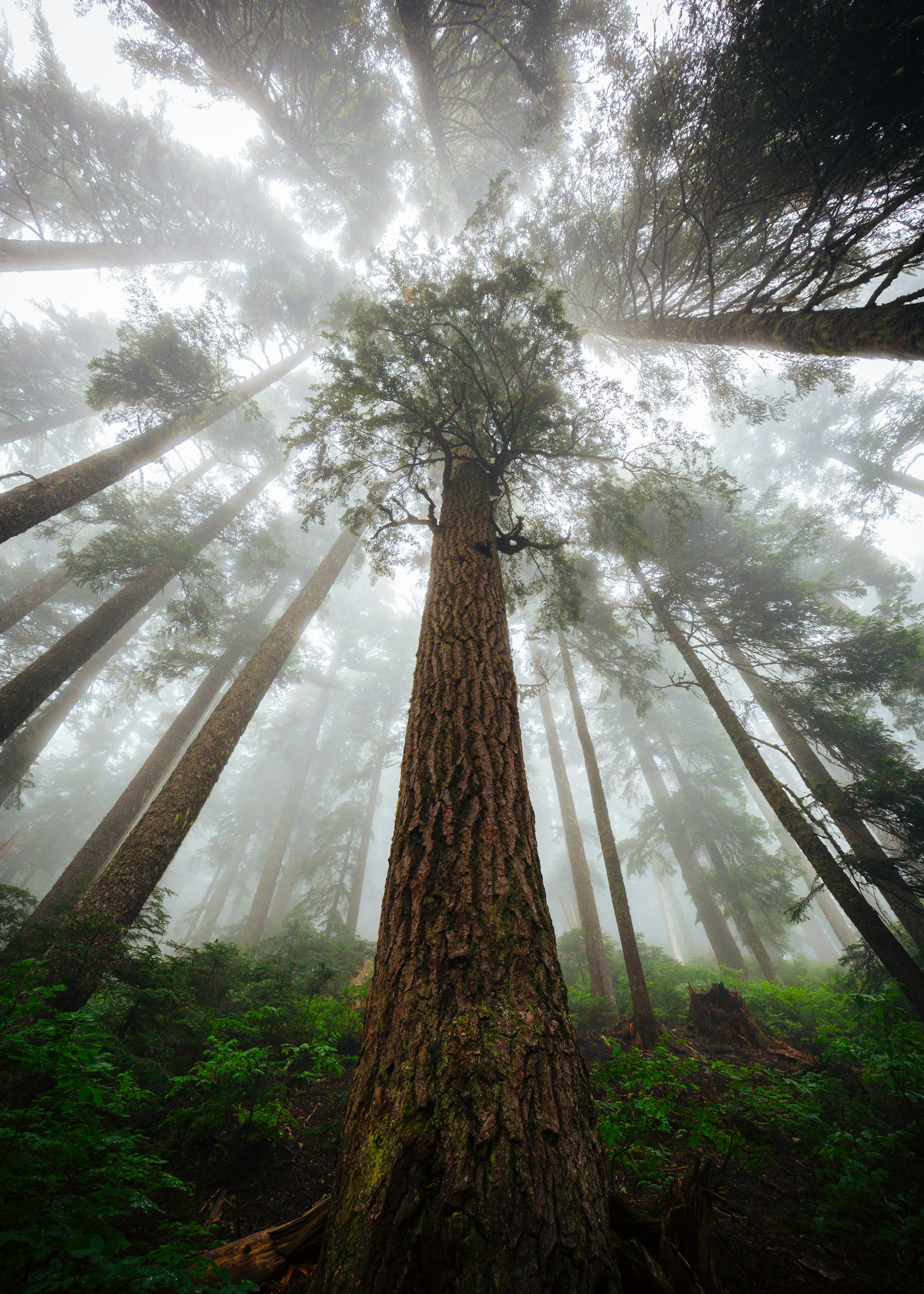
👑 Over 450,000 people have signed a letter to save 50 million acres of old-growth and mature forests that are home to the biggest and oldest trees in the world, with my friend Alex Haraus leading the charge and meeting with representatives in Washington D.C. to protect these forests that protect our health and environment.
Belgium just approved a ban on the import of hunting trophies of endangered species like hippos, white rhinos, African elephants, lions, polar bears, and more with pressure mounting for the entire EU to follow suit.
The UK is backing a four-year trial of feeding daffodils grown in high altitudes to animals to allegedly reduce their methane emissions by a third after successful results in a lab setting.
An initiative in Iceland called 100% Fish is aiming to eliminate any fish waste, finding creative uses for what’s typically thrown out like the skin and bones by making supplements or even skin grafts that are saving lives.
The Good From Thursday, July 20
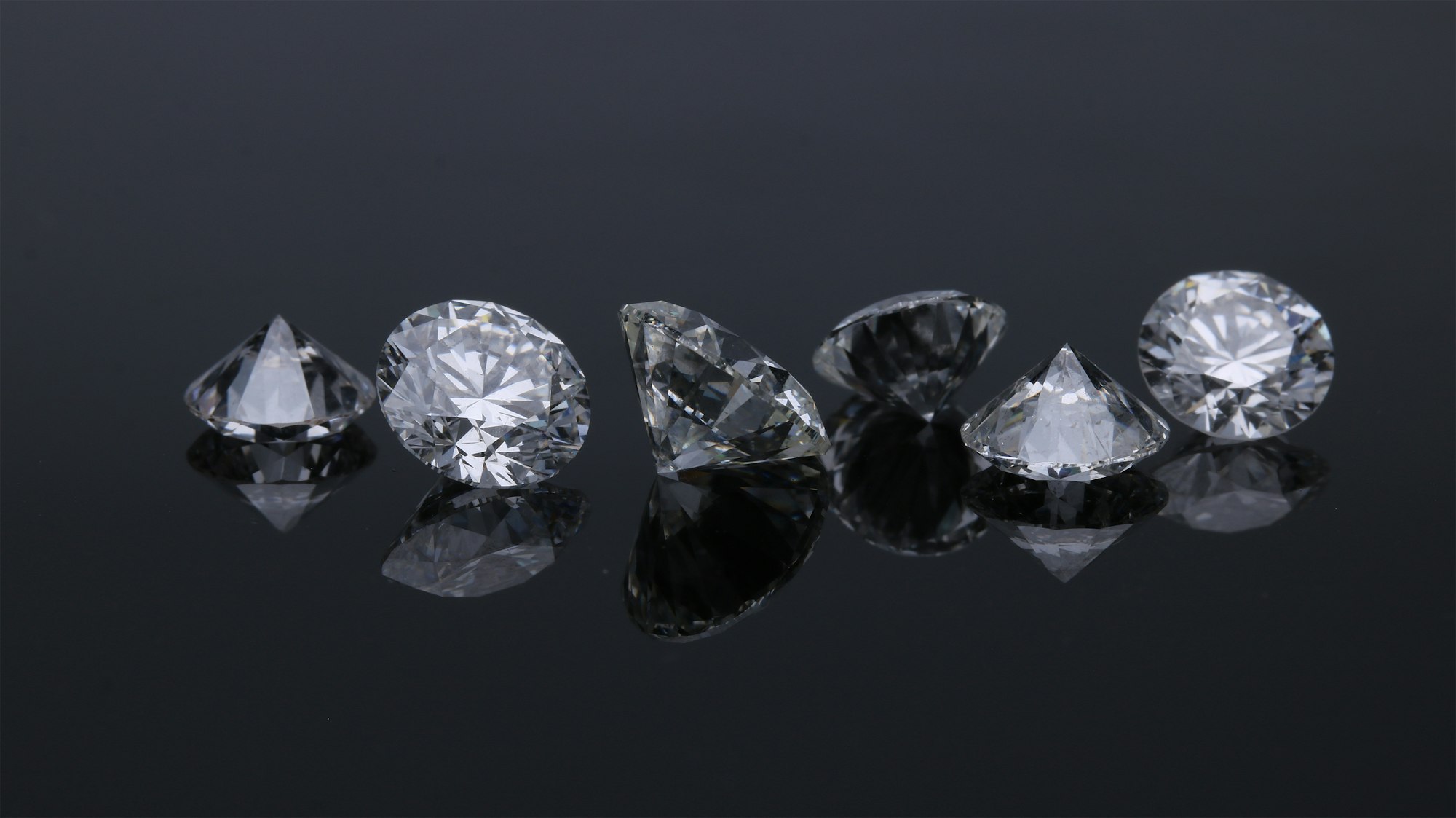
Jewelers are reporting a 2,000% increase in interest for lab-grown diamonds which are physically and chemically identical to natural diamonds, cost 85% less, and eliminate any human rights violations or environmental damage from mining.
New Zealand has now become the first country to ban all types of plastic bags from grocery stores, not just the ones you get when checking out, but also those that you put produce into, in a real effort to end the use of an estimated 150 million single-use plastic bags each year.
The mesmerizing migration of 57,000 Beluga whales to Canada is being recorded by underwater cameras and is streaming live right now (as of Thursday) on the Explore Oceans YouTube channel and it is just so magical to watch and listen to.
A desert in Jordan is now able to grow cucumbers, peppers, and passion fruit despite being one of the driest places in the world by using a system of solar panels, seawater, and greenhouses that offer promise for adapting to the challenges of climate change.
Bonus actions to take
- Check out the latest Climate Town video to learn about America's obsession with parking.
- *Switch out your householder cleaners to Green Llama's refillable glass bottles made from recycled wind turbines. (Use code JACOB15 for 15% off)
- Call out US President Biden and urge him to declare a climate emergency now.
💚 Enjoy Climativity?
Forward it to a friend to brighten their mood and tell them to subscribe here.
Join the conversation via the comment button below, and say hi to me anytime on TikTok, Instagram, or LinkedIn
Anything else? I write Climativity for you, the reader, so please hit reply and say hi :) I actually do want your feedback!
Thank you for supporting independent publishing, positivity, and climate action.
See you again soon,
Jacob
P.S. some important info:
- 👑: These are the winners of the 'best story of the day', voted by you all in the comments of my daily videos. Join the poll on TikTok or Instagram every weekday to help decide the best of the best!
- *: I may get a commission from these links at no additional expense to you.
- I write and publish this newsletter using Ghost, and I truly love the platform. If you want to start your own newsletter, consider Ghost* (and let me know – I'll be your first subscriber!)
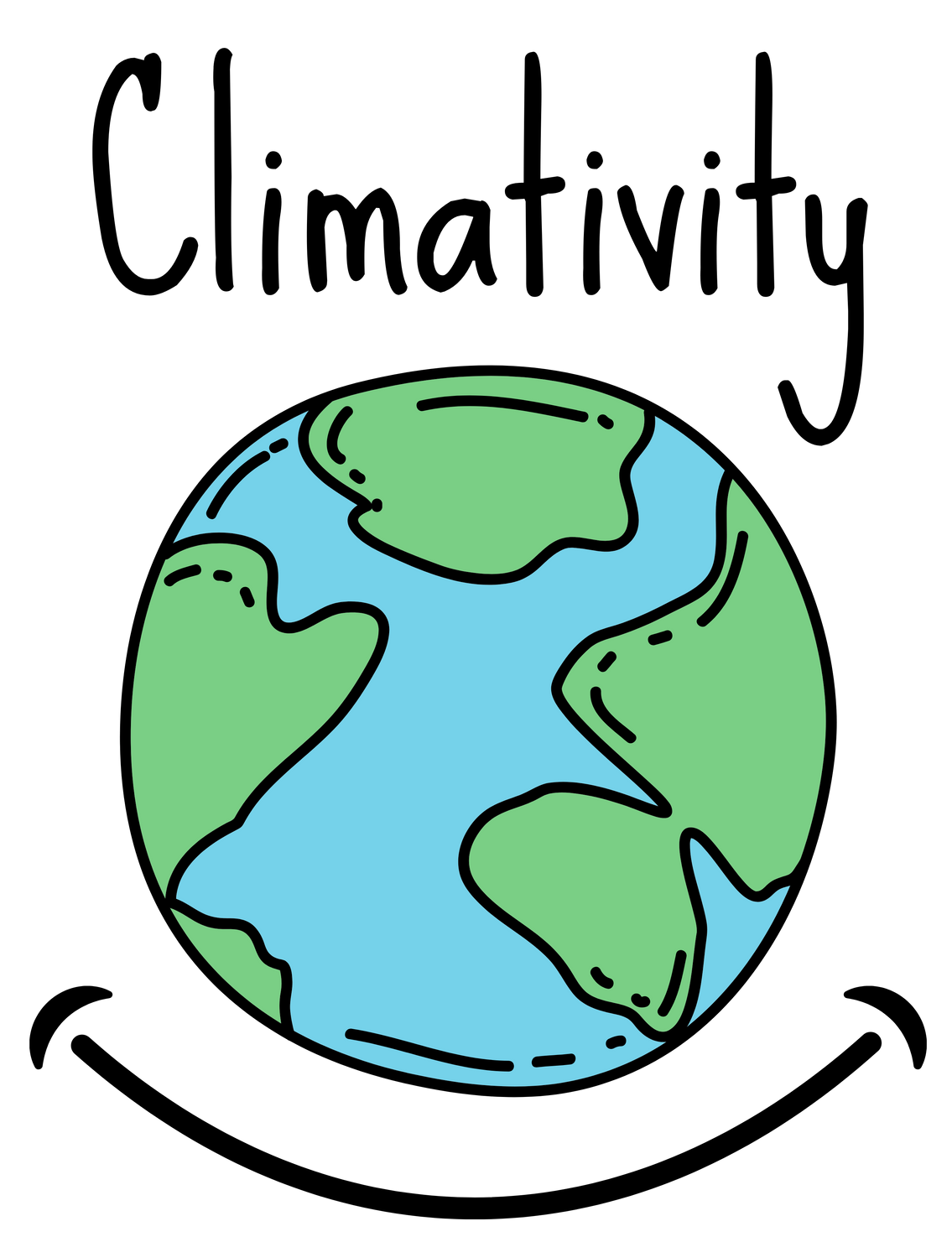





Member discussion